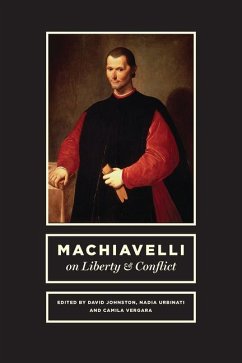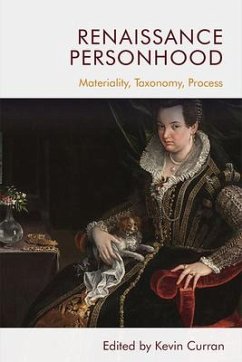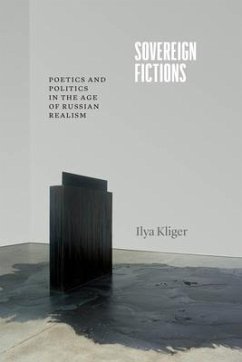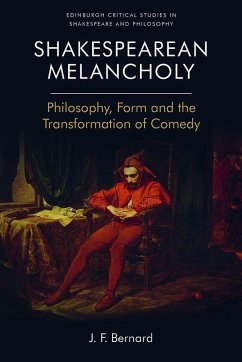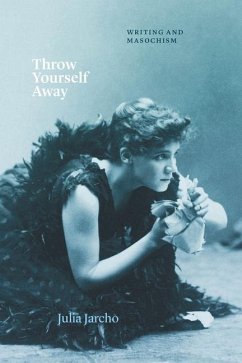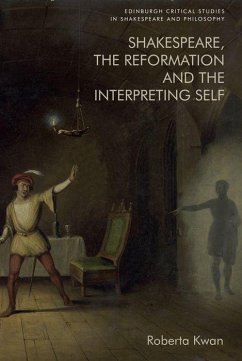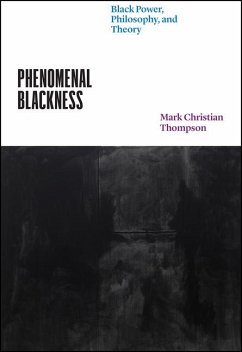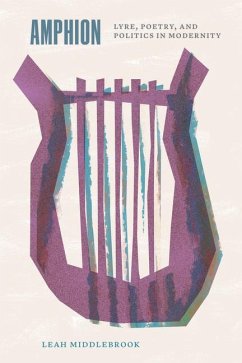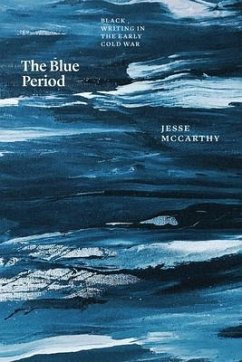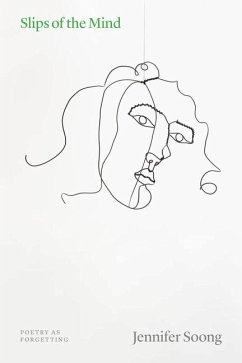
Cartesian Poetics
The Art of Thinking
Versandkostenfrei!
Versandfertig in über 4 Wochen
30,99 €
inkl. MwSt.

PAYBACK Punkte
15 °P sammeln!
"The philosopher Renâe Descartes is usually associated with cold reason rather than with feeling, to the extent that Rousseau charged his philosophy had "slashed poetry's throat." Andrea Gadberry argues, on the contrary, that Descartes' thought was crucially enabled by early modern poetry and rhetoric. Where others have seen Cartesian philosophy as a triumph of disembodied reason, Gadberry points to Descartes's own impassioned and poetic negotiations with the difficulties of thought and its limits. Gadberry's approach to seventeenth-century writings poses questions urgent for the twenty-first...
"The philosopher Renâe Descartes is usually associated with cold reason rather than with feeling, to the extent that Rousseau charged his philosophy had "slashed poetry's throat." Andrea Gadberry argues, on the contrary, that Descartes' thought was crucially enabled by early modern poetry and rhetoric. Where others have seen Cartesian philosophy as a triumph of disembodied reason, Gadberry points to Descartes's own impassioned and poetic negotiations with the difficulties of thought and its limits. Gadberry's approach to seventeenth-century writings poses questions urgent for the twenty-first: What is thinking? What does it feel like? What is it good for? Her book reveals an implicit poetics in Descartes' texts, from the puzzling forms of riddle, emblem, and anagram to the antecedents of more familiar, Romantic and post-Romantic poetry in love lyric and elegy. Gadberry's argument is grounded in the rich poetic culture of Descartes' time, even as it traces a biography of thinking. Helping us read classic moments of philosophical argumentation in a new light, this elegant study also expands outward to redefine thinking in light of its poetic shape. This book will be the first volume published in the new Thinking Literature series edited by Nan Z. Da and Anahid Nersessian"--



